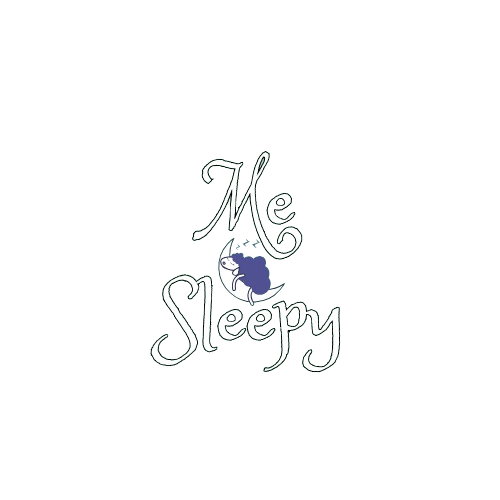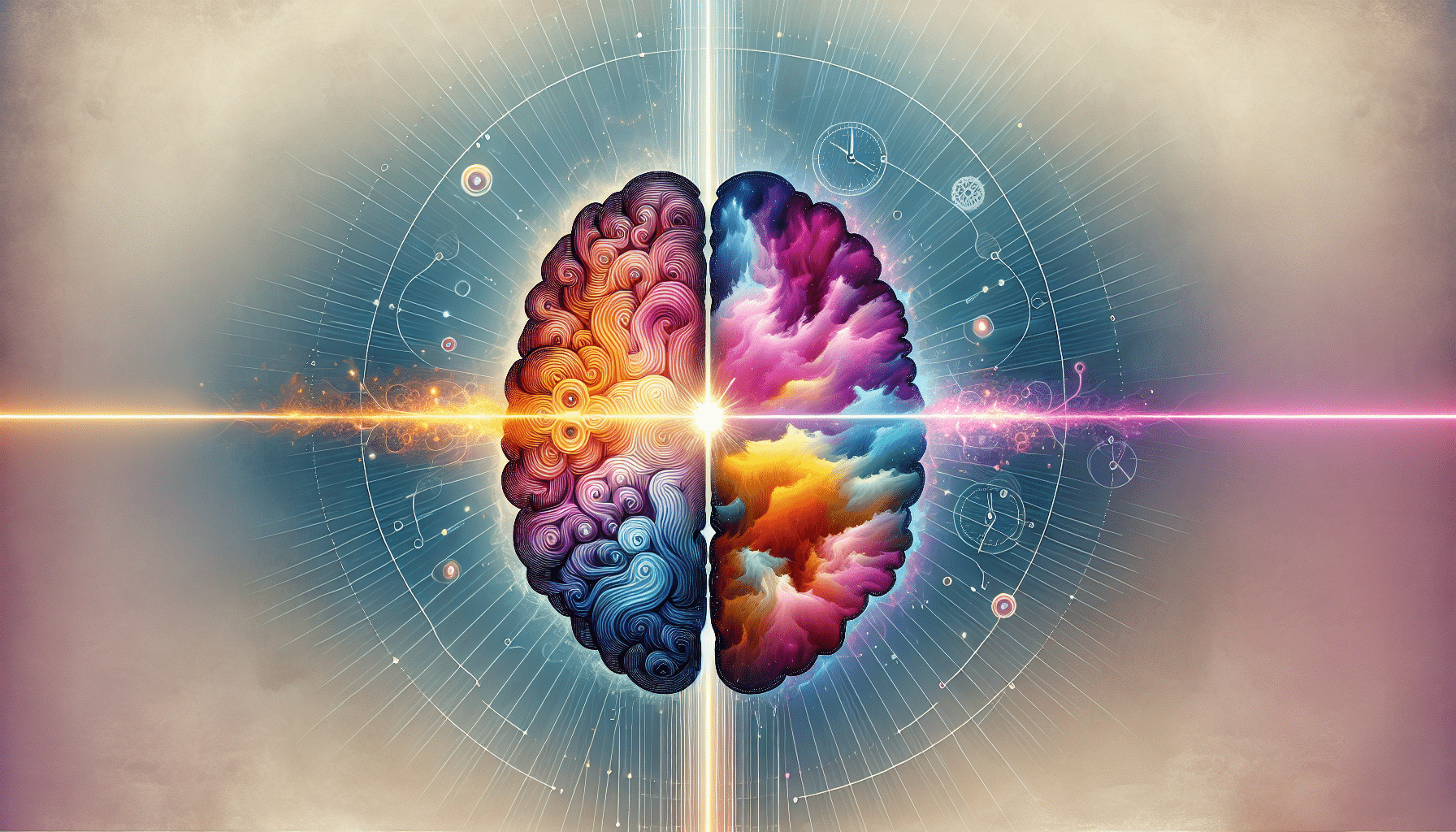Understanding Insomnia and Bipolar Disorder Connection
Role of Brain Rhythms in Bipolar Disorder
Recent research has shed light on the intricate connection between insomnia and bipolar disorder, particularly focusing on the role of brain rhythms. A study led by McGill University, published in *Science Advances*, has identified a potential mechanism that may explain the alternating states of mania and depression in bipolar patients. According to the study, these mood shifts are influenced by brain rhythms that work in tandem with the body’s natural sleep-wake cycle. This discovery is considered a significant breakthrough in bipolar disorder research, often referred to as the “holy grail” by experts like Kai-Florian Storch, an Associate Professor in McGill’s Department of Psychiatry. The research suggests that mood cycling operates similarly to natural phenomena like the sun and moon driving spring tides, indicating a universal mechanism for mood switching.
Importance of Sleep-Wake Cycle in Mood Regulation
The sleep-wake cycle plays a crucial role in regulating mood, and its disruption can lead to significant mood disturbances, particularly in individuals with bipolar disorder. The study highlights that the alignment of brain rhythms with the sleep-wake cycle is essential for maintaining stable moods. When these rhythms are out of sync, it can result in the mood swings characteristic of bipolar disorder. This underscores the importance of maintaining a regular sleep-wake cycle to support mood regulation and potentially mitigate the severity of mood episodes in bipolar patients.
Insomnia and the Dual Clock Mechanism in Bipolar Disorder
Biological 24-Hour Clock and Dopamine-Based Clock
The research introduces the concept of a dual clock mechanism in bipolar disorder, comprising the biological 24-hour clock and a dopamine-based clock. The biological clock is responsible for regulating the body’s circadian rhythms, while the dopamine-based clock, which influences alertness, operates at a different speed. The study suggests that the interplay between these two clocks is crucial in determining mood states. In healthy individuals, the dopamine-based clock remains dormant, but in those with bipolar disorder, its activation can lead to mood swings. The researchers demonstrated this by activating the dopamine clock in mice, which resulted in behavioral rhythms akin to bipolar mood swings.
Impact of Clock Alignment on Mania and Depression
The alignment of the biological and dopamine-based clocks has a profound impact on the manifestation of mania and depression in bipolar disorder. When these clocks are misaligned, it can trigger a shift towards either a manic or depressive state. The study’s findings indicate that the synchronization of these clocks is vital for mood stability. Disruptions in their alignment can exacerbate mood episodes, highlighting the need for treatments that address this dual clock mechanism. By understanding how these clocks interact, researchers hope to develop more effective interventions that target the root causes of mood swings in bipolar disorder, offering new hope for patients struggling with insomnia and mood regulation challenges.
Insomnia Research Breakthrough: Dopamine’s Role
Experimentation with Mice and Dopamine Neurons
In a groundbreaking study, researchers have delved into the role of dopamine in mood regulation by experimenting with mice. By manipulating dopamine-producing neurons, they were able to simulate the behavioral rhythms associated with bipolar disorder. This experimentation revealed that activating the dopamine clock in mice led to mood swings similar to those experienced by humans with bipolar disorder. The study’s innovative approach highlights the significance of dopamine neurons in understanding the biological underpinnings of mood disorders. This research not only provides a deeper insight into the mechanisms of mood swings but also opens up new avenues for exploring potential treatments.
Dopamine as a Key Factor in Mood Swings
Dopamine, a neurotransmitter known for its role in reward and pleasure, has emerged as a crucial factor in the mood swings characteristic of bipolar disorder. The study underscores the importance of dopamine in the dual clock mechanism, where its dysregulation can lead to significant mood disturbances. By identifying dopamine as a key player, researchers are now better equipped to explore targeted interventions that could stabilize mood swings. This discovery marks a pivotal step in understanding the complex relationship between neurotransmitters and mood disorders, offering hope for more effective treatment strategies.
Insomnia Treatment Innovations: Targeting the Dopamine Clock
Current Limitations of Bipolar Disorder Treatments
Despite advancements in understanding bipolar disorder, current treatments often fall short in addressing the root causes of mood swings. Many existing therapies focus on symptom management rather than targeting the underlying biological mechanisms. This limitation has prompted researchers to seek innovative approaches that go beyond traditional treatment methods. The identification of the dopamine clock as a potential target offers a promising new direction for developing therapies that could more effectively manage mood episodes and improve the quality of life for those affected by bipolar disorder.
Future Research Directions on Molecular and Genetic Triggers
Looking ahead, researchers are keen to explore the molecular and genetic triggers that activate the dopamine clock in individuals with bipolar disorder. Understanding these triggers could pave the way for personalized treatment strategies that address the specific needs of each patient. Future research aims to unravel the complex interplay between genetic predispositions and environmental factors that contribute to the activation of the dopamine clock. By focusing on these molecular “gears,” scientists hope to develop targeted interventions that could prevent or mitigate the onset of mood swings, offering new hope for those struggling with insomnia and bipolar disorder. For more insights into insomnia and related topics, check out our Insomnia Blog. Additionally, our Sleep Sound Playlists might be a helpful resource for those seeking better sleep.
Sources:https://www.sciencedaily.com/releases/2025/01/250127123855.htm



